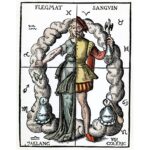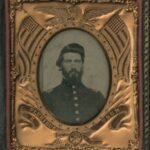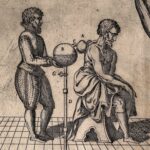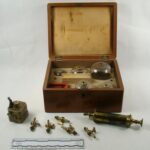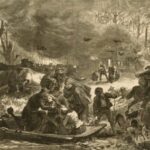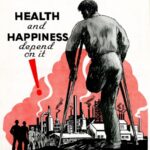Cupping (as well as general bloodletting) declined in the late nineteenth century. Louis Pasteur and Robert Koch’s experiments in pathology demonstrated the existence of foreign bodies and their role disease, called in to question humoral theory. 1 Dr. Ira Marks, in an address to the Wisconsin State Medical Society in 1870, expressed his excitement for the new developments in pathology: “we have much to rejoice at the progress being made… and that we are becoming more familiar with the organism with which we are called upon to deal.” Additionally, as living in cities became more common, people were less connected to nature and humoral theory was no longer meaningful to the population.
However, in spite of Pasteur and Koch’s experiments, many physicians resisted changing their practice and cupping continued into the 20th century. Dr. Manley (member of the Wisconsin State Medical Society) in 1875 advocated bleeding and cupping at the request of the patient, due to the “moral effect” of these treatments. In an address to the Wisconsin State Medical Society in 1871, Society president Dr. Strong remarks on the inconsistency of medicine of his time: “As a profession we are prone to fly off tangent. Today we bleed, tomorrow we blister, and the next day use purgatives, and the day following we discard them all…The danger of transition periods is the tendency to oscillate to extremes.” During the late nineteenth century the practice of medicine comprised of remnants of humoral practices as well as new germ theory approaches.
Written by McKenzie Bruce and Eleanor Miller.
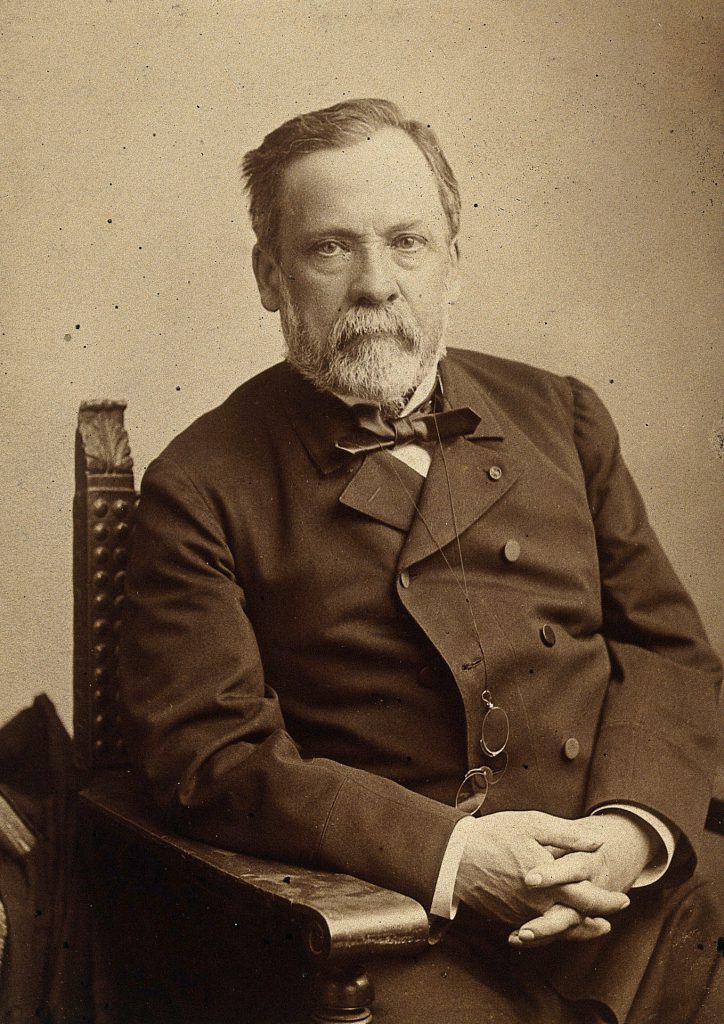
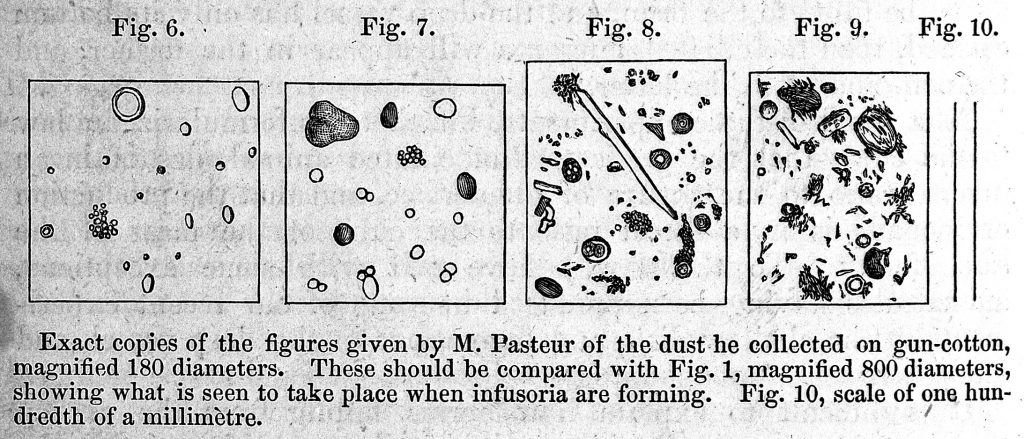
SOURCES
Elizabeth Allen and J.L. Turk, “Bleeding and cupping,” Annals of the Royal College of Surgeons of England, Vol. 65 (1983).
W.F. Bynum, Science and the Practice of Medicine in the Nineteenth Century. Cambridge University Press: Cambridge. 1994.
H. Cao, M. Han, X. Li, S. Dong, Y. Shang, Q. Wang, S. Xu and J. Liu, “Clinical research evidence of cupping therapy in China: a systematic literature review,” BMC Complementary and Alternative Medicine, Vol. 10 (2010), 1-10.
J. Haller, “The Glass Leech: Wet and Dry cupping in the 19th c.” New York State Journal of Medicine, Vol. 73 (1973), 583-592.
Howard A. Kelly, A Cyclopedia of American Medical Biography: Comprising the Lives of Eminent Deceased Physicians and Surgeons from 1610 to 1910. Baltimore: The Norman, Remington Company, 1920.
R.L. Numbers and J.W. Levitt, Wisconsin Medicine: Historical Perspectives. University of Wisconsin Press: Madison, WI. 1981
